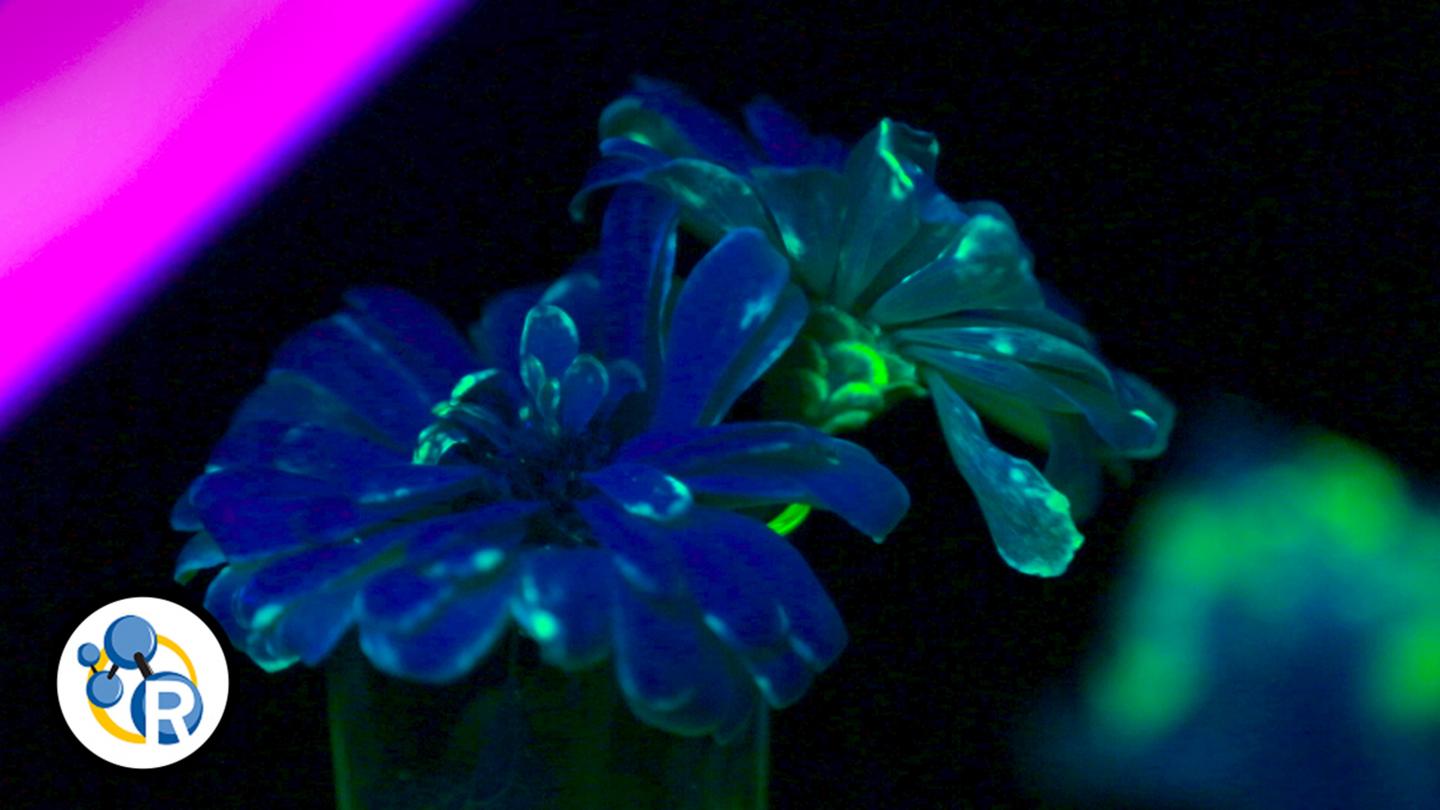

If you have ever seen objects 'glow' under a black light, you're familiar with fluorescence. But have you ever wondered why some materials fluoresce while others don't? Reactions explains how fluorescence works, along with its importance for applications in forensics, medicine and nanotech. It's all here in these videos: How To Grow A Fluorescent Flower: https://youtu.be/c3VVUsuowNM Fluorescence Is Awesome (Here Is How It Works): https://youtu.be/FZ9E5hZMbCA
Credit: The American Chemical Society
Reactions explains how fluorescence works, along with its importance for applications in forensics, medicine and nanotech. This week, we're also throwing in a bonus video on how to grow a fluorescent flower for that special someone. It's all here in these videos:
How To Grow A Fluorescent Flower: https:/
Fluorescence Is Awesome (Here Is How It Works): https:/
###
Subscribe to the series at http://bit.
The American Chemical Society is a nonprofit organization chartered by the U.S. Congress. With more than 158,000 members, ACS is the world's largest scientific society and a global leader in providing access to chemistry-related research through its multiple databases, peer-reviewed journals and scientific conferences. Its main offices are in Washington, D.C., and Columbus, Ohio.
To automatically receive news releases from the American Chemical Society, contact newsroom@acs.org.












